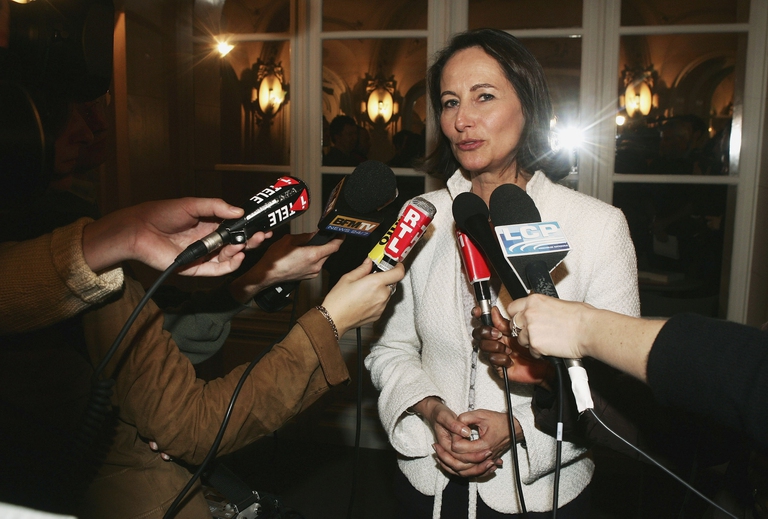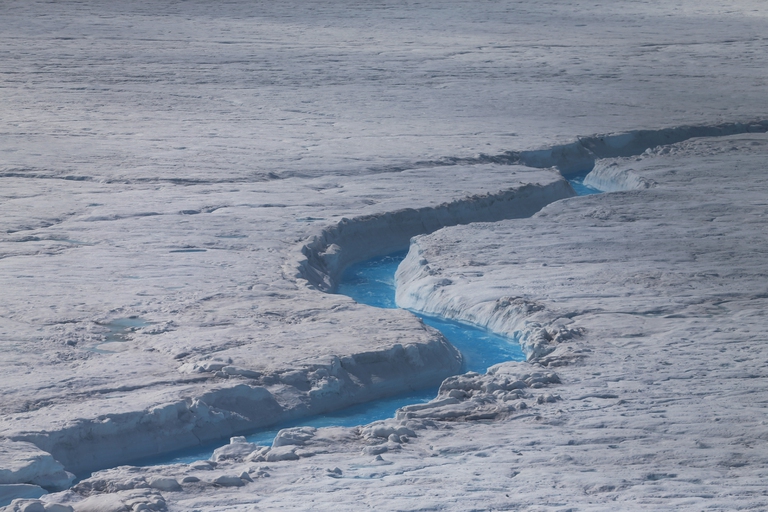
The 26th edition of the United Nations Climate Change Conference, COP26, will be held in Glasgow, Scotland in November 2020. The pre-COP will take place in Milan, Italy.
Cop 21, la Francia ha ammesso che gli impegni dei governi per ridurre le emissioni inquinanti non saranno sufficienti a centrare gli obiettivi prefissati.
Will the climate conference COP21 to be held in Paris in December be really crucial? The question is legitimate. So legitimate that even the French Minister for Ecology Ségolène Royal asked it. But first, let’s take a step backwards: to date, 151 states have officially submitted their commitments in reducing emissions. Added together, they represent about 95% of pollution at global level: it is the undeniable evidence of the collective consciousness of the seriousness of the problem.
However, will these pledges be enough to overcome the challenges ahead? Well, France’s Minister for Ecology has declared on 13 October, in occasion of the World Efficiency Show in Paris, that “governments’ commitments in terms of average temperature increase will be 2.5 to 2.7°C by the end of the century, as confirmed by NGOs, scientists, and climatologists”. It is a significantly higher value compared to the goal set by governments in occasion of the previous conferences (2°C).
Nevertheless, considering the difficulties of negotiations and the countries’ different orientations on climate change, the French Minister seemes to be optimistic. “The dynamic is positive, considering that we dreaded exceeding 3°C. However, commitments are clearly not enough”.
Therefore, we probably have to take for granted that by 2100 global average temperature increase will be about 2.6°C higher than today. What does it mean concretely? According to data by the IPCC (Intergovernmental Panel on Climate Change), there will be – among others – a higher risk of drought in numerous areas at mid- and low latitudes, an increased risk of extinction to 30% of living species, a significant coral bleaching, a modification in marine ecosystems, a decrease in crops’ yields at low latitudes, and an increase in storms and floods that will affect millions of people more than today.
It is thus clear that if no agreement is reached in Paris, all these risks will take place, turning into a global catastrophe. We should therefore welcome a new Kyoto Protocol, even with the unsatisfactory terms outlined by the countries so far. However, we wonder if this is the very best governments can do to safeguard generations to come.
Siamo anche su WhatsApp. Segui il canale ufficiale LifeGate per restare aggiornata, aggiornato sulle ultime notizie e sulle nostre attività.
![]()
Quest'opera è distribuita con Licenza Creative Commons Attribuzione - Non commerciale - Non opere derivate 4.0 Internazionale.
The 26th edition of the United Nations Climate Change Conference, COP26, will be held in Glasgow, Scotland in November 2020. The pre-COP will take place in Milan, Italy.
Thanks to activists, the voice of the world’s peoples resounded through the COP25 like an alarm bell. Governments didn’t reach the results they demanded, but their cries and messages were stronger than ever, reaching even those who weren’t in Madrid.
Climate change poses a risk for millions. However, women are the most vulnerable to its negative consequences: a few simple considerations by the Italian Climate Network help us perceive the global implications of this.
The COP25 ended two days late and with very few steps ahead made. Climate negotiations in 2020 will be an uphill battle as political will clearly seems to be lacking, once again.
The last ten years have been the most “exceptional” and hottest decade ever, with extreme weather hitting people and ecosystems harder and more frequently. 2019 is also on course to becoming the second or third hottest year since records began.
Unite Behind the Science: this was the title of the conference held at the COP25 on 10 December. Greta Thunberg’s presence filled the arena, but this time it was scientists’ turn to speak.
25,000 delegates meet for the COP25 from 2 to 13 December. What can we hope this UN climate change conference, whose venue was changed from Santiago de Chile to Madrid, will achieve?
100 eminent people from all over the world, including Vandana Shiva, Naomi Klein and Noam Chomsky, have signed an open letter after the disappointing results of the COP24. A call-to-arms for climate against world leaders’ indifference.
The outcome of the COP24 in Katowice left many unsatisfied. Greta Thunberg, a young Swedish environmental activist, gave a harsh, heartfelt speech addressing world leaders.









